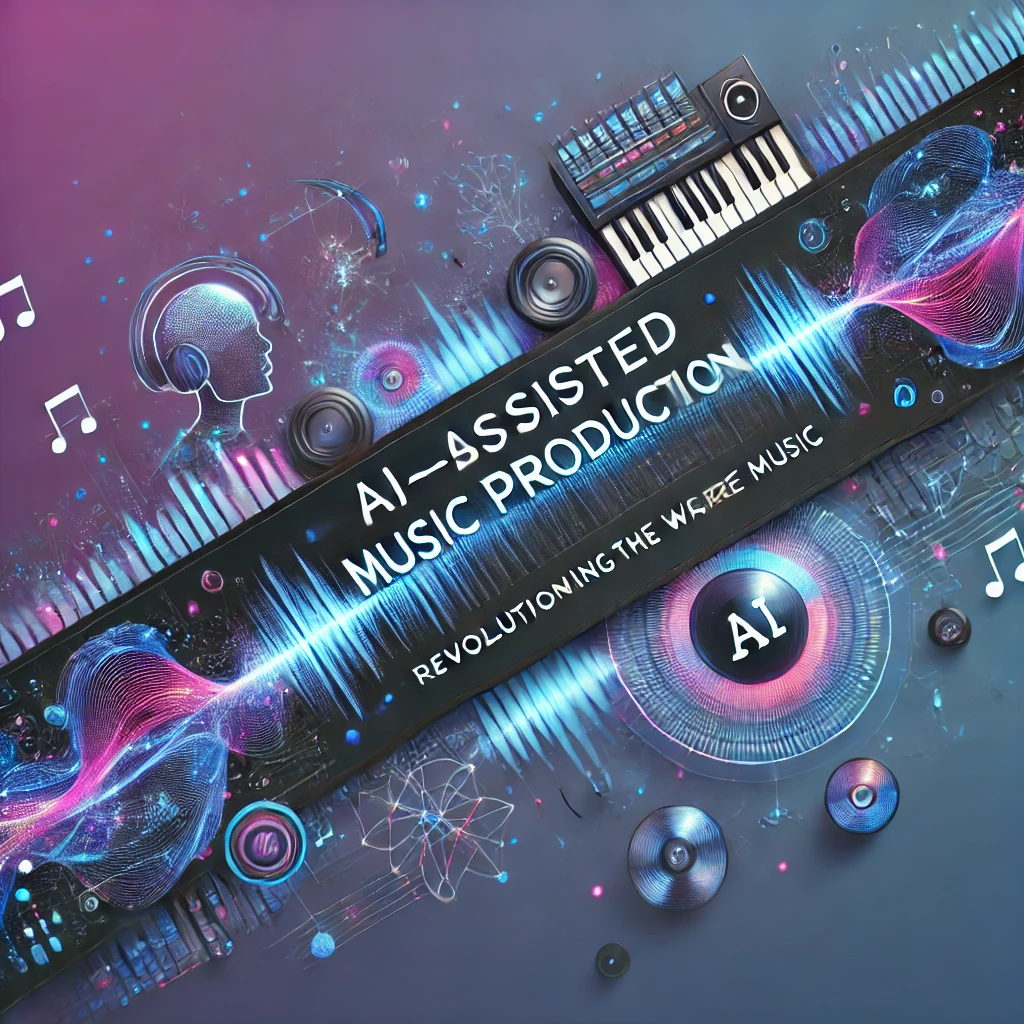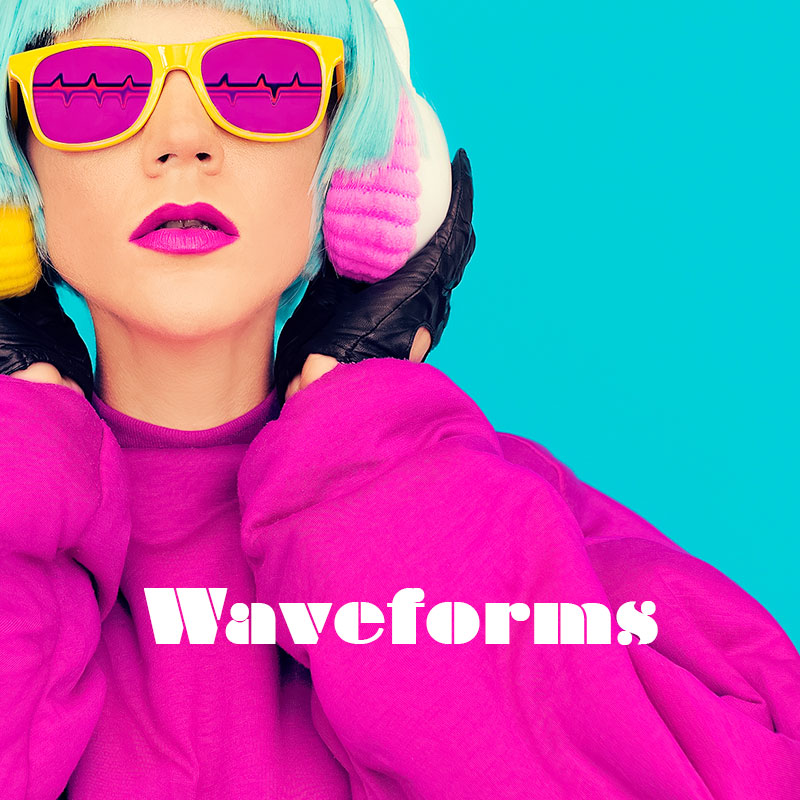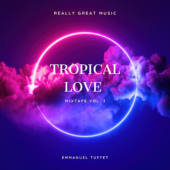AI-Assisted Music Production: Revolutionizing the Way We Create Music
admintech | August 29, 2024
The Rise of AI in Music
Artificial Intelligence (AI) has gradually made its way into various industries, from healthcare to finance, and now, it’s leaving its mark on the music industry. AI’s entry into music production is not just a fleeting trend; it’s a significant shift in how music is composed, produced, and consumed. With AI tools, musicians and producers have access to powerful resources that can generate melodies, harmonies, and beats with unprecedented speed and creativity.
How AI is Changing Music Creation
- Generating Melodies and Harmonies AI-powered tools can analyze vast amounts of musical data to generate original melodies and harmonies that align with a particular style or mood. These tools can provide composers with fresh ideas, whether they are stuck in a creative rut or looking to explore new musical directions. AI can suggest chord progressions, create counter-melodies, or even generate entire compositions, allowing artists to focus on refining their sound rather than starting from scratch.
- Beat Creation and Rhythm Programming Creating beats is at the heart of many music genres, from hip-hop to electronic dance music (EDM). AI-driven beat generators can analyze the rhythm patterns of popular tracks and create beats that resonate with current trends. These tools can also experiment with unconventional rhythms and time signatures, pushing the boundaries of what is possible in modern music.
- Adaptive Sound Design AI doesn’t stop at just composing music; it also aids in sound design. Tools equipped with machine learning algorithms can tweak and refine sounds, ensuring they fit perfectly within a mix. AI can analyze the characteristics of a sound and suggest alterations, such as adjusting the reverb, EQ, or compression settings, to enhance the overall production quality.
- Collaborative Composition One of the most exciting aspects of AI-assisted music production is its potential for collaboration. Artists can work alongside AI as a co-creator, using it to bounce ideas, explore new genres, or even simulate the style of iconic musicians. This collaborative process can lead to innovative and unexpected results, pushing artists out of their comfort zones and into uncharted musical territory.
Advantages of AI-Assisted Music Production
- Efficiency and Speed: AI tools can significantly speed up the music production process. By handling repetitive tasks like beat creation or chord progression generation, AI allows producers to focus more on the creative aspects of music-making.
- Endless Inspiration: For artists facing creative blocks, AI can offer a wealth of ideas, providing a fresh perspective or helping to break through creative barriers.
- Accessibility: AI tools make high-level music production more accessible to those with limited technical knowledge. Aspiring musicians can use AI to create professional-quality tracks without needing years of experience in music theory or production techniques.
- Innovation: AI has the potential to inspire new genres and styles of music by combining elements in ways that humans might not consider. This can lead to groundbreaking sounds and trends that redefine the musical landscape.
Challenges and Ethical Considerations
While AI-assisted music production offers numerous benefits, it also raises important ethical questions. For instance, who owns the music created by AI? Is it the artist, the programmer, or the AI itself? Additionally, there’s a concern that over-reliance on AI might stifle creativity, leading to homogenized music that lacks the human touch.
Moreover, as AI tools become more advanced, there’s a risk of replacing human musicians and producers, potentially diminishing the role of human creativity in music. Balancing the use of AI with maintaining the unique human element in music creation will be crucial as we move forward.
The Future of AI in Music
The integration of AI in music production is still in its early stages, but its impact is already being felt across the industry. As AI technology continues to evolve, we can expect even more sophisticated tools that offer deeper collaboration between human artists and machines. The future of music is likely to be a blend of human intuition and machine intelligence, creating a new frontier of sonic possibilities.
In conclusion, AI-assisted music production is not about replacing human creativity but enhancing it. By embracing these new tools, musicians and producers can push the boundaries of what is possible in music, exploring new sounds, genres, and ideas that might have been out of reach in the past. The marriage of AI and music is set to be one of the defining trends of our time, opening up a world of creative opportunities for artists around the globe.
Written by admintech
Archives
Categories
Meta



Comments
This post currently has no comments.